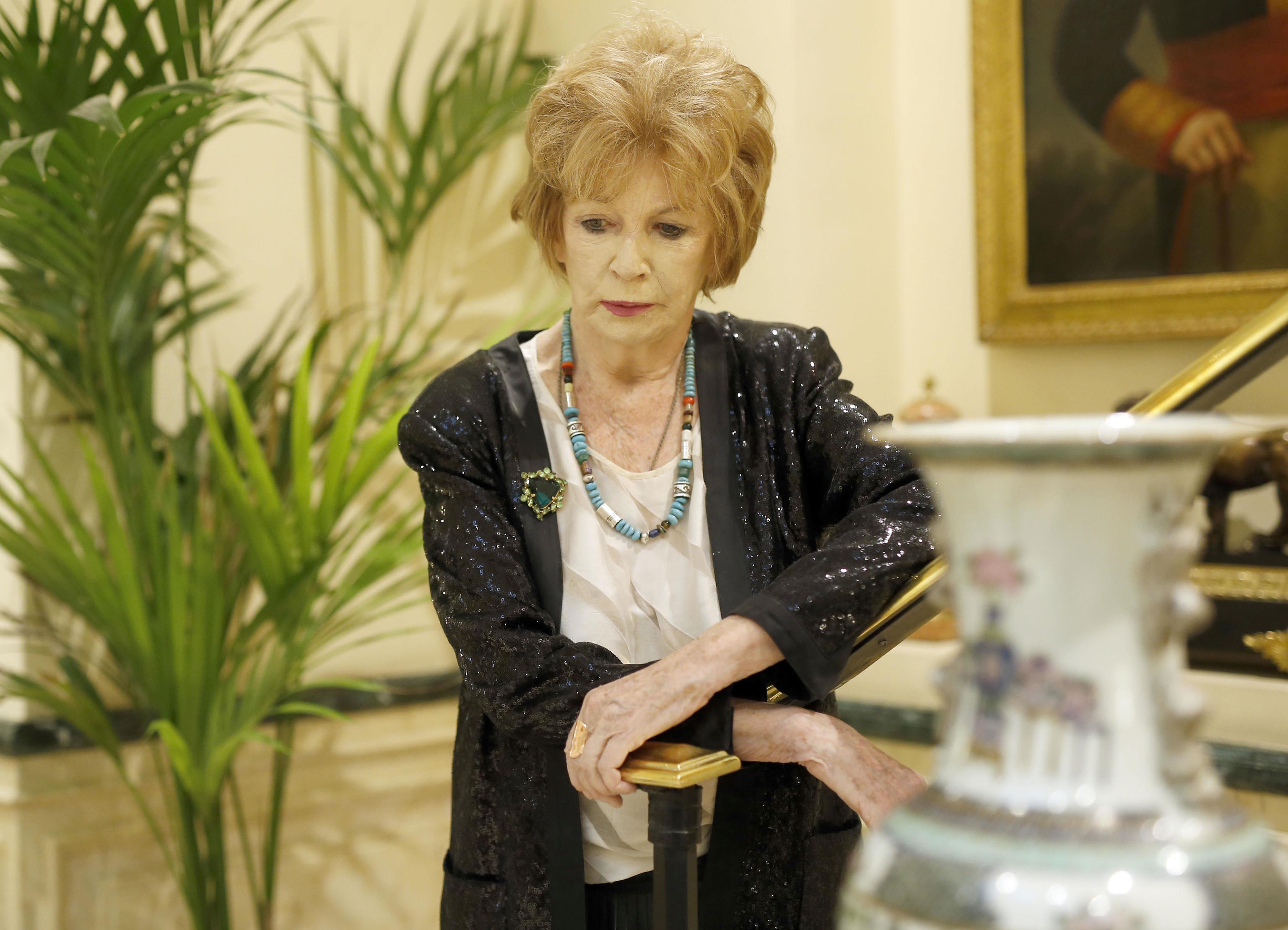"My obsession was and still is with Russian writers. I read and reread them until I could recite entire scenes from Tolstoy. I still hope to write books like that. Books where the language is grand and the feelings even greater." A decade ago, when the Errata Naturae publishing house released in Spain the pair of novels The Country Girls and Girl with Green Eyes, Edna O'Brien introduced herself with those words that spoke of literary history and captured the essence of her stories.
The Country Girls, Girl with Green Eyes, and its conclusion, Girls in Their Married Bliss (1964), were not tormented epics like Dostoevsky or moral tales like Tolstoy's, but perhaps they had something in common with Chekhov's plays: seemingly small, seemingly minimalist pieces, laden with an almost suffocating emotional density. The Country Girls seemed like an Irish equivalent of Nothing by Laforet and a precursor to the novels of Annie Ernaux and, of course, Colm Tóibín's stories of women, such as the beautiful Brooklyn and Long Island. These were also books that resonated with that moment of feminist upheaval. The news of O'Brien's death at 93 comes as the news of the passing of a classic writer.
The Country Girls and Girl with Green Eyes, along with their conclusion, were the three-part story of the emotional education of two Irish twenty-somethings, Baba and Kate, in the 1950s, in a rather remote village on their island. Everything around them was claustrophobic and oppressive: the nuns, the priests, the alcoholic father, the frustrated mother, the narrow roads, the lurking neighbors, the pub boys... But the two fought to build their lives, to be more or less free. So they went to Dublin to meet different people, to fall in love, and to seek oxygen. Everything seemed innocent and everything was important.
"I confess that I like these novels," O'Brien said in 2013 to EL MUNDO. "I remember the moment of writing them as a kind of golden age in my life. Writing this story was very easy. I felt that everything, the pain and the sense of exclusion I held, came out from within." O'Brien's novels had that air of naturalness, of "inevitability," in her words. But at the time (1960), The Country Girls posed a problem. The book fell into the hands of the parish priest in the author's hometown, in County Clare, and the man made a bonfire with it, scandalized because O'Brien's Kate had a couple of admirers with whom she was not sufficiently evasive.
By that time, Edna O'Brien had already moved to London, experiencing the years of Philip Larkin's Annus Mirabilis and cultural, social, and sexual openness. "One leaves Ireland and something cosmic remains that binds them to the island and is much stronger than patriotism. And it is forever." Works like A Pagan Place and The Little Red Chairs, also published in Spanish by Errata Naturae, explored that connection: they dealt, like The Country Girls, with a rural, lonely, beautiful, yet claustrophobic Ireland for women discovering life. As in her first novel, the appearance of a mysterious male figure was the catalyst for change, for novelistic action. O'Brien said her mold came from her compatriot Bram Stoker's Dracula.
So, an extreme character like herself. O'Brien published over 20 books, mostly novels and short story collections, and experienced "the extremes of joy and sadness, love, unrequited love, success and failure, fame and cruelty."
The author of those seemingly simple books became a countercultural figure. She experimented with LSD, led a sexually scandalous life at the time, became Philip Roth's great literary interlocutor, and worked as a journalist in Nigeria. Over the years, her name became a regular recitation in the great tradition of Irish literature: Joyce, Beckett, Shaw, O'Brien, and then Banville, Tóibín, and those who follow.
